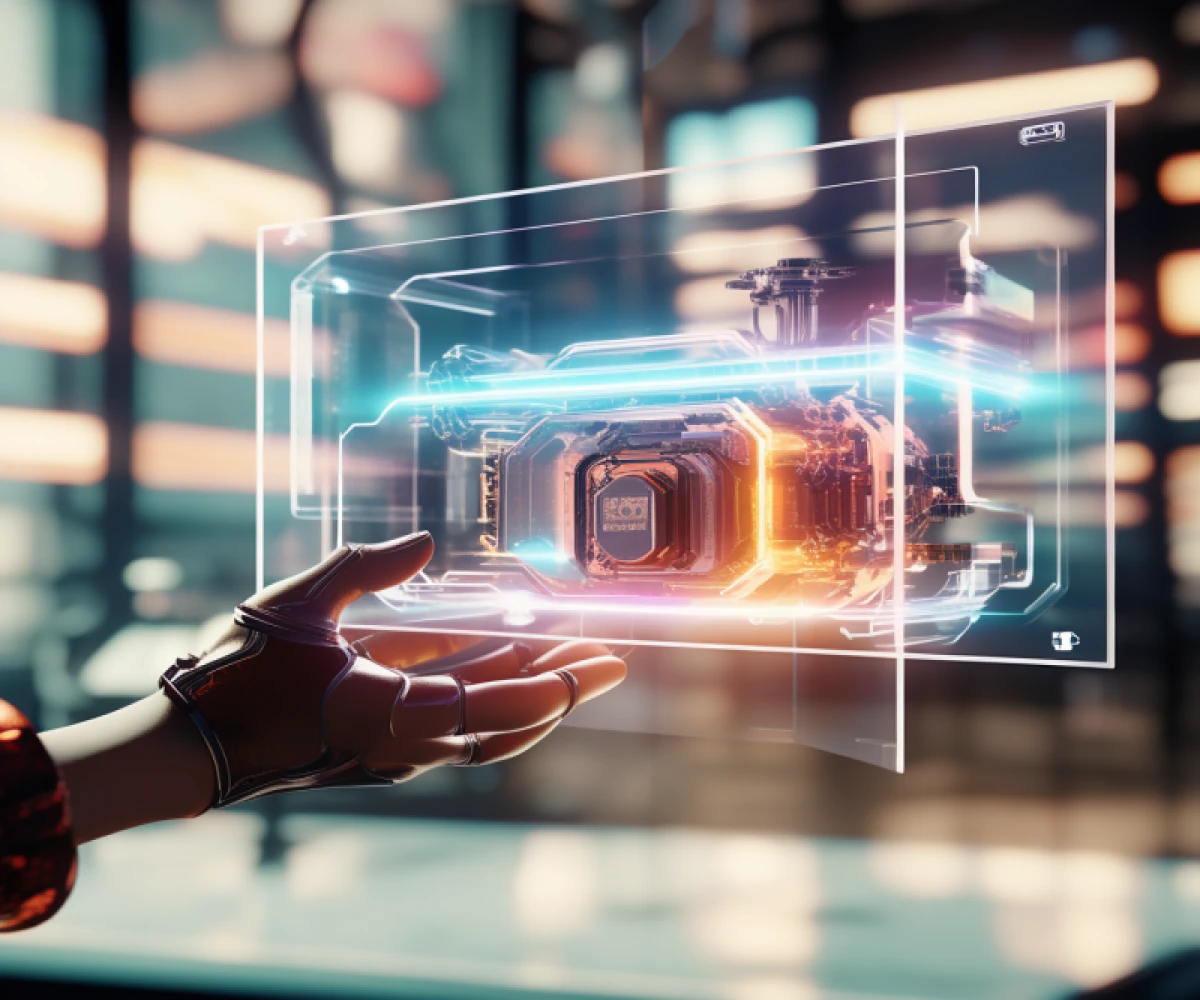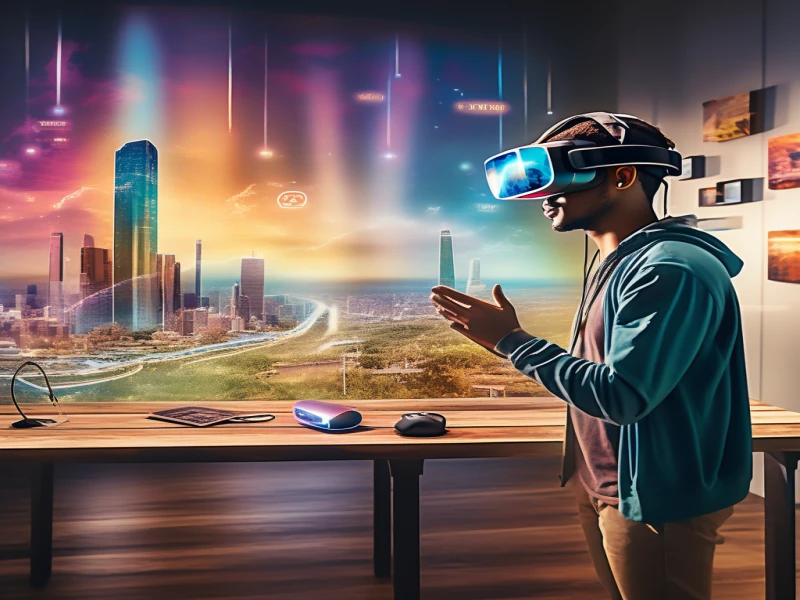
The future of operating systems: How are operating systems evolving with artificial intelligence and augmented reality?
The Future of Operating Systems: AI, AR, and a Whole New World of Control
The humble operating system (OS) – the silent conductor orchestrating our digital lives – is on the cusp of a groundbreaking metamorphosis. Gone are the days of clunky interfaces and resource-hungry processes. Emerging from the shadows of the silicon jungle are OSes infused with the magic of artificial intelligence (AI) and augmented reality (AR), ready to redefine how we interact with our devices and the world around us.
AI: The Smart Partner Under the Hood
Imagine an OS that anticipates your needs before you even think them. An AI-powered OS would learn your habits, preferences, and context to seamlessly adapt to your workflow. No more frustrating menus or endless settings to tweak. Think of it as having a digital butler who silently takes care of everything behind the scenes, optimizing performance, prioritizing tasks, and even pre-fetching the files you need before you realize it.
But AI's role goes beyond mere convenience. It can enhance security like never before, proactively detecting and thwarting cyber threats before they wreak havoc. Imagine an OS that analyzes your online behavior and flags suspicious activity in real-time, keeping your digital castle safe from even the most cunning of online marauders.
Related: The AI Revolution: A Glimpse into How Artificial Intelligence Will Transform Our Lives
AR: Blurring the Lines Between Reality and Digital
AR is poised to revolutionize the way we interface with our devices. Gone are the days of staring at flat screens; instead, AR will overlay digital information onto the real world, creating a hybrid, immersive experience. Picture an OS that displays directions not on a map, but overlaid directly on your field of vision as you walk down the street. Or imagine a surgeon using an AR overlay to visualize internal organs during surgery, enhancing precision and accuracy.
But AR's potential extends beyond practical applications. Imagine playing games where virtual creatures roam your living room, or collaborating with colleagues in a shared virtual workspace, regardless of your physical location. The possibilities are as limitless as your imagination.
Challenges and Opportunities
This brave new world of AI-powered and AR-integrated OSes comes with its own set of challenges. Privacy concerns loom large, and the ethical implications of AI decision-making need careful consideration. Additionally, ensuring seamless integration of AR into our physical environment without causing cognitive overload will be crucial.
However, the opportunities outweigh the challenges. AI and AR have the potential to make our lives easier, safer, and more productive. They can revolutionize fields like education, healthcare, and entertainment, bringing us closer to a truly interconnected and immersive future.
The Future is Now
While some aspects of this futuristic OS might seem like science fiction, the seeds of change are already being sown. Major tech players are actively developing AI and AR technologies for integration into their OSes. Apple's Siri and Google Assistant are early examples of AI assistants taking root, while Microsoft's HoloLens is a pioneer in AR technology.
The future of operating systems is an exciting one, brimming with possibilities and brimming with challenges. As AI and AR become more sophisticated, we can expect our OSes to evolve into intelligent and intuitive partners, blurring the lines between the digital and the real, and ushering in a new era of human-computer interaction.
So, buckle up, folks, the future of operating systems is about to take us on a wild ride. Are you ready?
What are your thoughts on the future of operating systems? What excites you most about the integration of AI and AR? Share your vision in the comments below!


